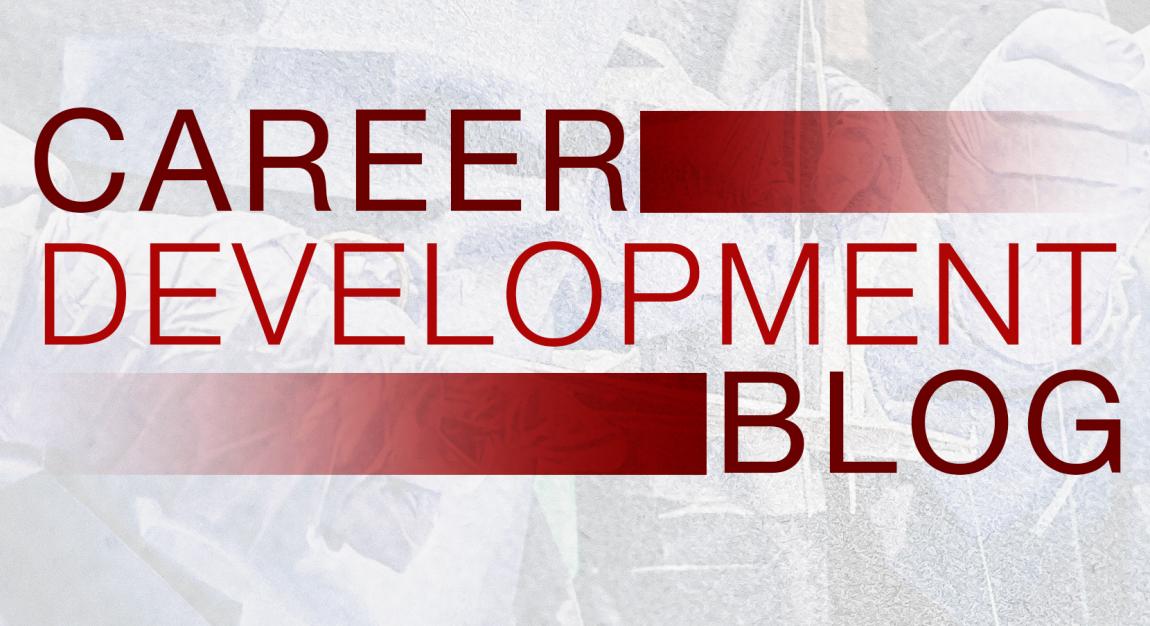- Apply to participate in a council, workforce, or taskforce at STS, emphasizing a specific skill or knowledge base that will set you apart from other applicants.
- Volunteer to review manuscripts for a journal; this provides you with a chance to get noticed by editors for future editorial appointments and invitations to comment on accepted manuscripts.
- Get involved in local opportunities with your own institution or regional groups that match your interests.

It’s time. After a marathon of training, you’re a couple years into practice. You finally feel comfortable as a clinical surgeon and each new case no longer gives you palpitations. You’d like to start becoming more involved in societies and leading our specialty forward—but where to start?
First of all, you need to come to terms with one word—Patience. Opportunities will come with time, and it may take another 5 years before your name is routinely mentioned for leadership roles and projects. In the meantime, here are some things you can do to expedite the process:
Councils, Workforces, Taskforces
The Society of Thoracic Surgeons has a robust council and committee structure. During the summer of each year, a call for self-nominations goes out. These applications are funneled through the executive council and nominating committee. The number of members on each workforce may be limited. Because these are sought-after roles, there is no guarantee you’ll be given a spot. For example, I applied 4 years in a row before I finally was named to a workforce. So, what can you do to help yourself in this process?
- Do some self-reflection. Do you have a specific skill set or knowledge base that would lend itself to a certain workforce? If so, emphasize this in your application.
- Reach out directly to the workforce chairs. Let them know why you are interested in their specific workforce and what you bring to the table. Many of the chairs are looking for hungry junior faculty to participate. Don’t offer your time if you aren’t ready to work.
- Request to be on a task force. Most of the workforces have sub-task forces that chairs can invite members to at any time. This is a great way to become involved, and often, after a couple years on a task force, you’ll be offered a spot on the full workforce.
Journal Reviews
Okay, let’s be realistic. Journal reviews take up a lot of time, and there is controversy as to the actual benefits of being a reviewer. Well, there are some real tangible incentives.
Anyone can be a reviewer. It’s an open door that doesn’t require a “nomination,” and trust me, associate editors are desperate for reliable surgeons who will write a thorough review.
How do you start? Often, all you have to do is select in your profile for a specific journal that you are “available to review,” and then choose a robust list of keywords that you feel represent your knowledge base.
I’d also suggest reaching out directly to the associate editors (or even editor-in-chief!) and express your interest in reviewing for the journal. This often expedites reviews being sent your way. As soon as you start submitting timely, thorough reviews, the invites will start flooding in.
What are the actual benefits besides doing this free work? For one, editors pay attention. Writing solid reviews will often lead to an editorial board appointment. This may lead to invitations for commentaries on accepted manuscripts.
Comparing your reviews to the comments of other reviewers also will make you a stronger writer for your own manuscripts and will teach you what journals are looking for. Most importantly, it gets your name out there as junior faculty. Many associate editors are well connected throughout the societies, and you will become known as someone who does the work when asked. Who knows, that associate editor may be the chair of the workforce you’ve been dying to get on for 3 years.
Local Opportunities
While it’s exciting to be at the podium for one of the larger annual conferences, don’t forget who signs your paycheck. It’s also important to look inward at your role in your own institution and region, and not just at the national stage. Your local reputation should match your national, and often, work for institutional and regional committees will lead to roles in the larger societies. Understanding your chief’s expectations for your academic and administrative productivity is important for successful growth. Do not neglect what you were brought into your institution to achieve.
Connect with Dr. Mitzman on Twitter: @BrianMitzman
The opinions expressed in this article are those of the author and do not necessarily reflect the views of The Society of Thoracic Surgeons.
